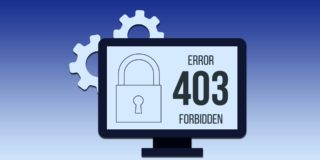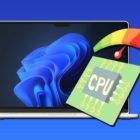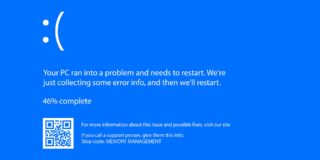The Differences Between “System Builder” And “Retail” Windows 7 Licenses
Many of you shop NewEgg or other like online retail web site to buy things. One of the items they sell is Microsoft Windows 7. For single-license versions of the OS, there are three types you can buy:
- Upgrade
- OEM System Builder
- Full Retail
Upgrade is easy enough to understand. In order to install the OS you need a qualifying product such as Windows XP or Window Vista.
As for the other two, it can get a bit confusing, but here’s how they differ from each other:
Price
This is the most obvious difference between the two. Full Retail costs anywhere from $60 to $80 more than the OEM System Builder’s version.
Packaging
With Full Retail you get the same box you’d see on a store shelf, plus manuals. An OEM System Builder’s copy is nothing more than a sleeve and has no manual.
Support
Here’s the first of two major differences. An OEM System Builder’s copy requires the OEM themselves to support the OS and not Microsoft. If you call Microsoft for support on an OEM license, you won’t get any.
License transfer ability
This is the second major difference. An OEM System Builder’s copy once installed on a PC cannot be transferred to any other computer.
Where this can prove to be a big pain in the neck is if you decide to switch motherboards in your existing computer, because that technically qualifies a different computer even though the case, hard drive and other components are the same.
Where do OEM System Builder’s license make the most sense?
Laptops and netbooks rarely have motherboard replacements unless there is some sort of catastrophic failure on a mainboard level, so OEM licenses are appropriate for those type of computers.
On desktop PCs I would recommend against using an OEM license simply for the fact that if you switch out the motherboard, the license will be invalidated at that point.
Also, if you’re using an OEM System Builder’s license for its intended purpose, which is to build a new PC for sale to someone else, that’s fine.
Do you plan on keeping your existing PC for a few years?
If you intend on using the same PC with a motherboard switch-out/upgrade every three-ish years, then yes it is worth the extra cost for a Full Retail copy of Windows 7 because you will be able to transfer the license easily. It will also save you money in the long run because you will have a qualifying product for a future Windows 8 upgrade.
If on the other hand you intend to replace the PC in three years but want Windows 7 now, go for the OEM System Builder’s license instead.
Also remember that with Full Retail you get both 32-bit and 64-bit versions on separate discs in the same box. With the OEM System Builder’s copy you only get a single disc of 32 or 64, depending on which you purchase.

















3 thoughts on “The Differences Between “System Builder” And “Retail” Windows 7 Licenses”
1) Can you legitimately get the install media somewhere, to use your already-purchased license, at a media-only price? (clearly, not from the seller or from the big 2.)
2) What version can you unambiguously install legally? (I’d like you to say the OEM system builder.)